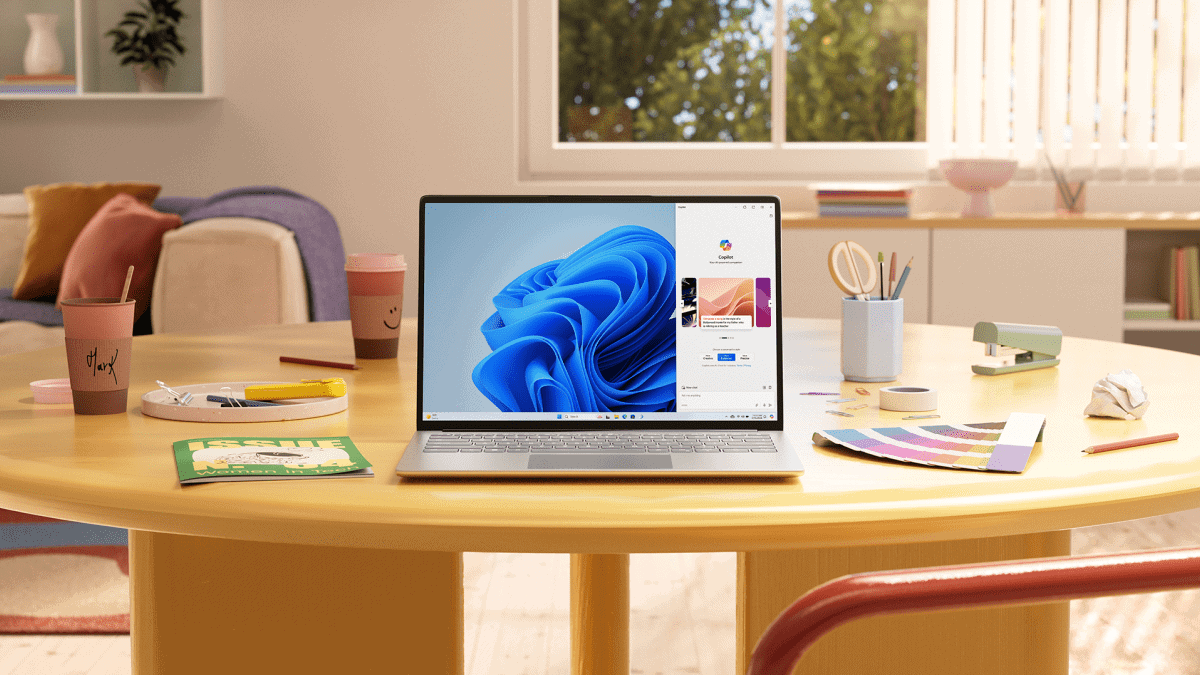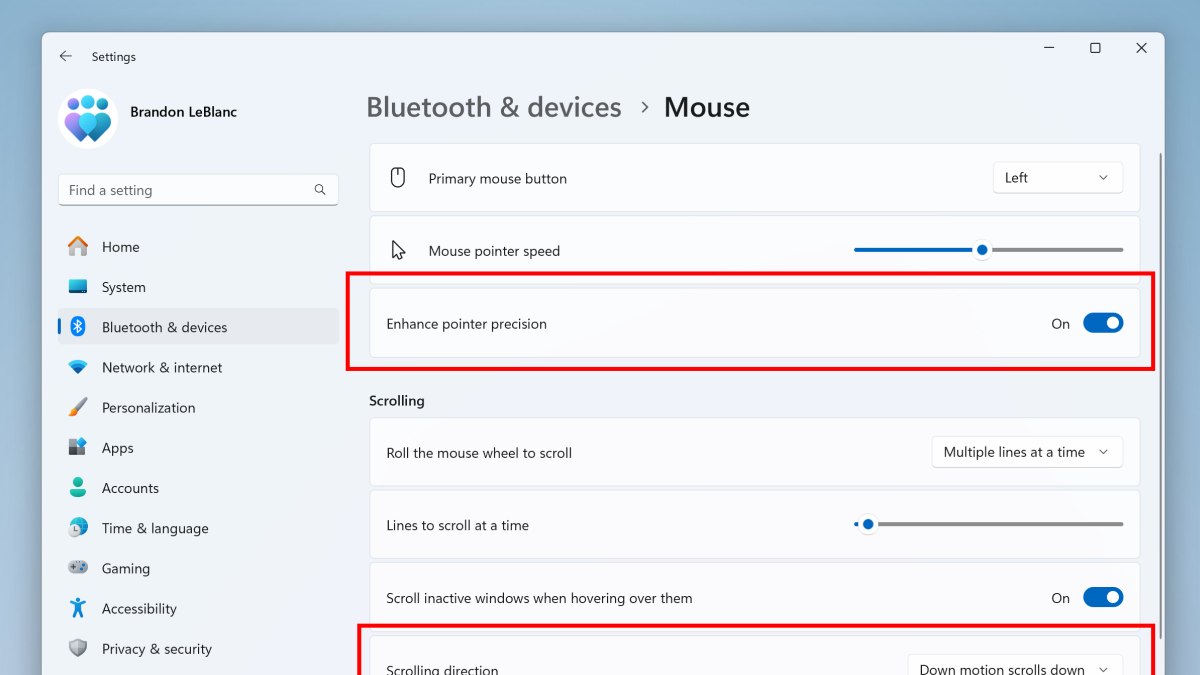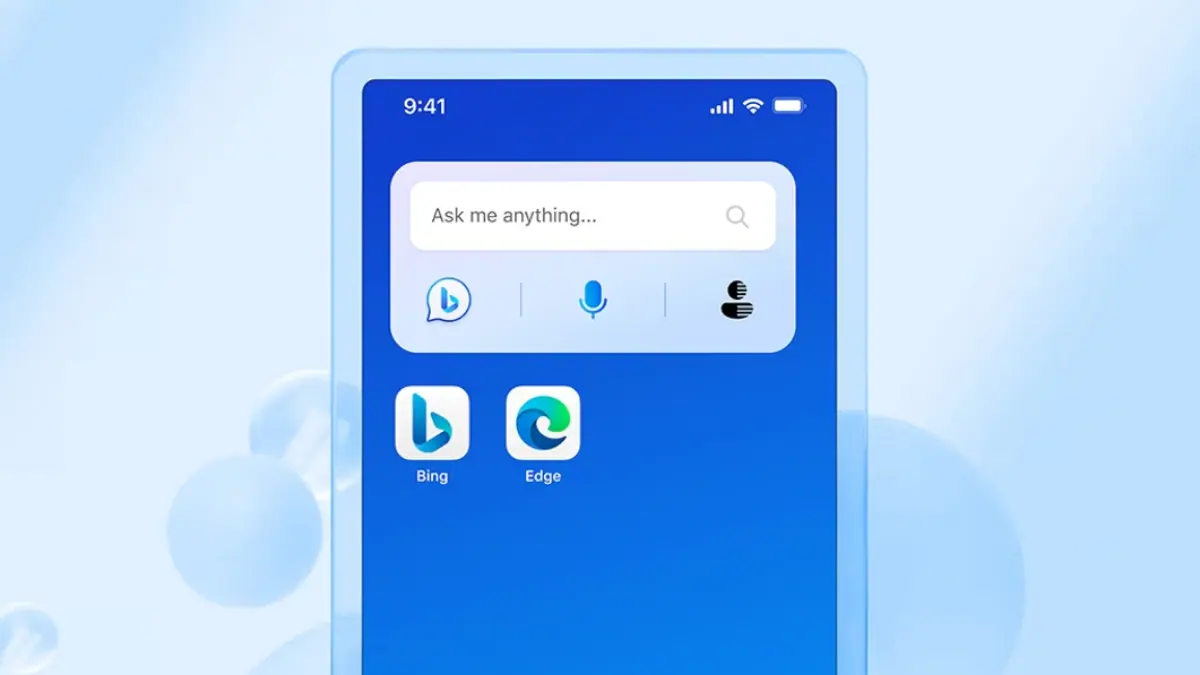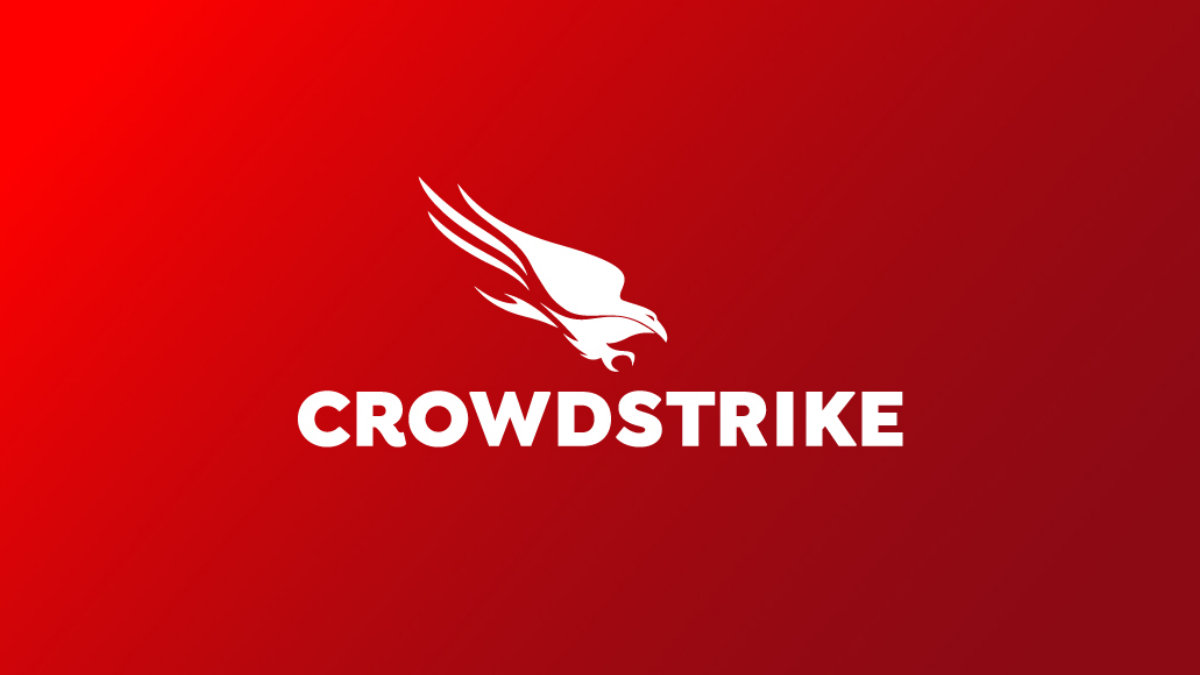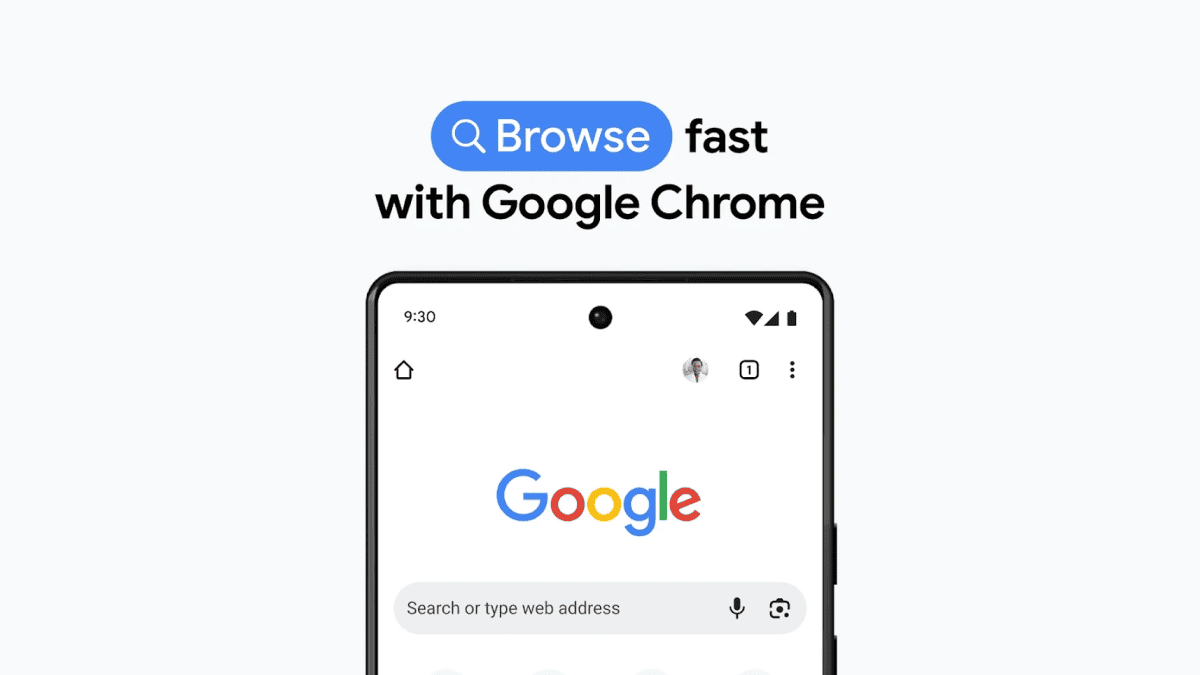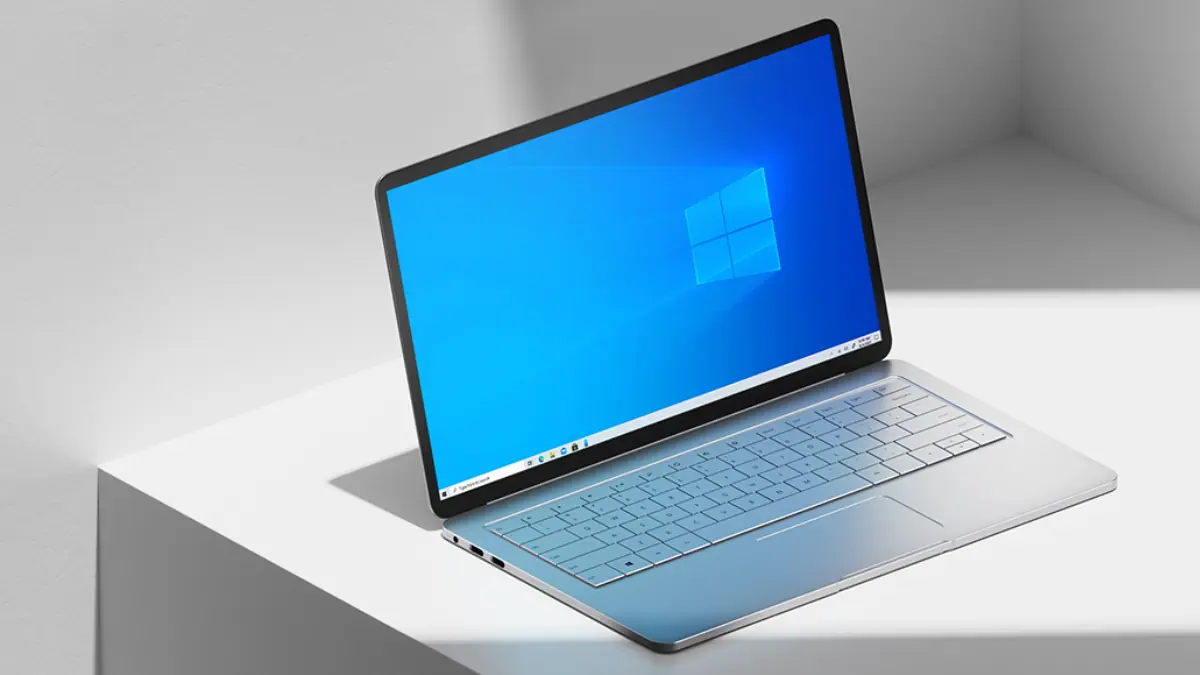Apple’s suit against Android – what it means for Windows Phone
3 min. read
Published on
Read our disclosure page to find out how can you help MSPoweruser sustain the editorial team Read more
Now that the details of Apple’s claims against HTC have become clear, the fact that it is a transparent attack on the Android operating system has also become very apparent. The question therefore arises how this affects Windows Mobile and Windows Phone.
Android is Google’s up and coming operating system that is based on a Linux kernel running a Java-related virtual machine. The operating system has in recent months found wide adoption amongst both top tier and small ODMs and has been predicted to outsell Windows Mobile in 2010.
With the open source operating system now under attack by Apple with its wide patent portfolio, how are OEM’s likely to respond.
Certainly larger OEM’s like Samsung and LG would be quite risk adverse – Apple for example is asking for triple damages, which for a large OEM can mean rather substantial sums. Smaller OEMs may feel they have more to gain than to lose by adopting Android and still make the gamble. Carriers afraid of being implicated may be more wary of taking on the risk, and may therefore offer substantially less for these handsets to compensate.
The next effect is to slow adoption of Android, which is of course what Apple fully intends.
Windows Mobile and Windows Phone are much more resistant to being affected by this situation, as Microsoft likely have a substantial portfolio of OS patents which it could use to respond to any threat by Apple.
In 2006 Microsoft announced strengthened IP protection that includes the defence of OEMs and distributors against IP claims in every country Microsoft distributes or markets its Windows Embedded and Windows Mobile products; protection of patent, copyright, trademark and trade secret claims based on that software; and the removal of the monetary cap related to defence costs.
This basically meant that Microsoft would step in and defend their OEMs and even carriers selling devices running their OS up to an unlimited amount of cost. This is a much stronger response that HTC has had so far from Google, which have not been named in the Apple suit for example.
This makes Microsoft’s Mobile OS a much safer bet an an increasingly litigious environment for the larger players. The fact that Windows Phone 7 will be more or less feature complete and require very little OS customization will further reduce the software attack surface area OEM’s will be exposed to.
The fact that Windows Mobile is set to benefit does not mean we endorse Apple’s actions. In fact, we see it as evidence that the iPhone empire is crumbling. It is quite likely that in attacking an Open Source OS they will lose the huge amount of goodwill they have online, which means the free advertising, which in 2007 was quoted as worth around $400 million, they have been relying on may backfire spectacularly.
There is however no doubt that Apple’s move to undermine Windows Phone’s biggest competitor can only be good for Microsoft.

